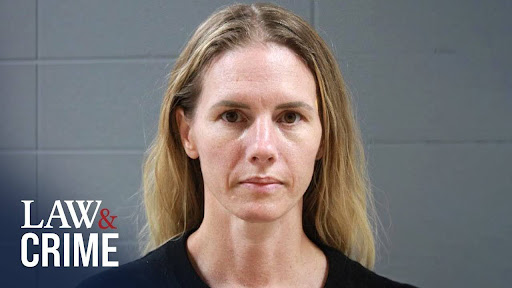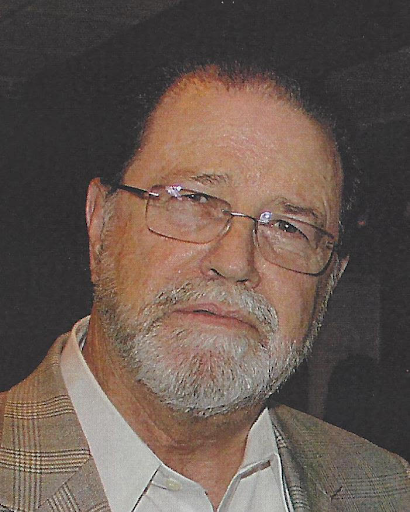The required reading for the incoming first year students at St. John’s this year is “The Other Wes Moore.” A short version of the story could teach that these two men — both Baltimore-born African-Americans named Wes Moore — had very different lives. One became a Rhodes scholar and one became a life-long prison inmate. The book is about their different journeys. Wes Moore, the author and Rhodes scholar, reflects in his work:
“The chilling truth is that his story could have been mine. The tragedy is that my story could have been his.”
Mr. Moore was on campus to speak to the incoming students at the very beginning of this semester. All of us who attended his presentation found it to be thought-provoking.
I confess that one thing he said toward the start of his talk distracted me. He spoke about something which was not in the book: how the book got its title. When the publishers asked him what he would like to call his effort, he had five ideas ready. They, however, also had a title in hand: “The Other Wes Moore.” Mr. Moore could not understand why they had hit upon this phrase. He explained how no self-respecting author put his/her own name in the title of his/her book. The publishers explained to him that it was not his name which was important but “the other.” And he came to understand this. This idea distracted me and made me thoughtful.
Mr. Moore’s book and talk were about needing to be concerned about the other. He wrote in his text something which he repeated in his talk. He directed these words to the young men and women gathered in Carnesecca. He said:
“When it is time for you to leave this school, leave your job, or even leave this earth, you make sure you have worked hard to make sure it mattered you were even here.”
The way in which we make sure that it matters involves moving away from total self-absorption to a concern which makes others important in our lives.
Neither Mr. Moore’s book nor his talk were meant to be devotional or preachy — though he did not shy away from saying something about faith. The lesson of concern for the other is at the heart of the Christian message. Each person is unique and blessed after a certain fashion. For some people, life holds many opportunities and challenges. For others, the path seems fixed and the options few. The richness that life offers some places them under an obligation to care for those who are not so fortunate.
I enjoyed Mr. Moore’s book and presentation. They had the character of a parable, and thus a lesson to be applied and learned. In our St. John’s University community, we heard of our need to be concerned and attentive for one another.
















